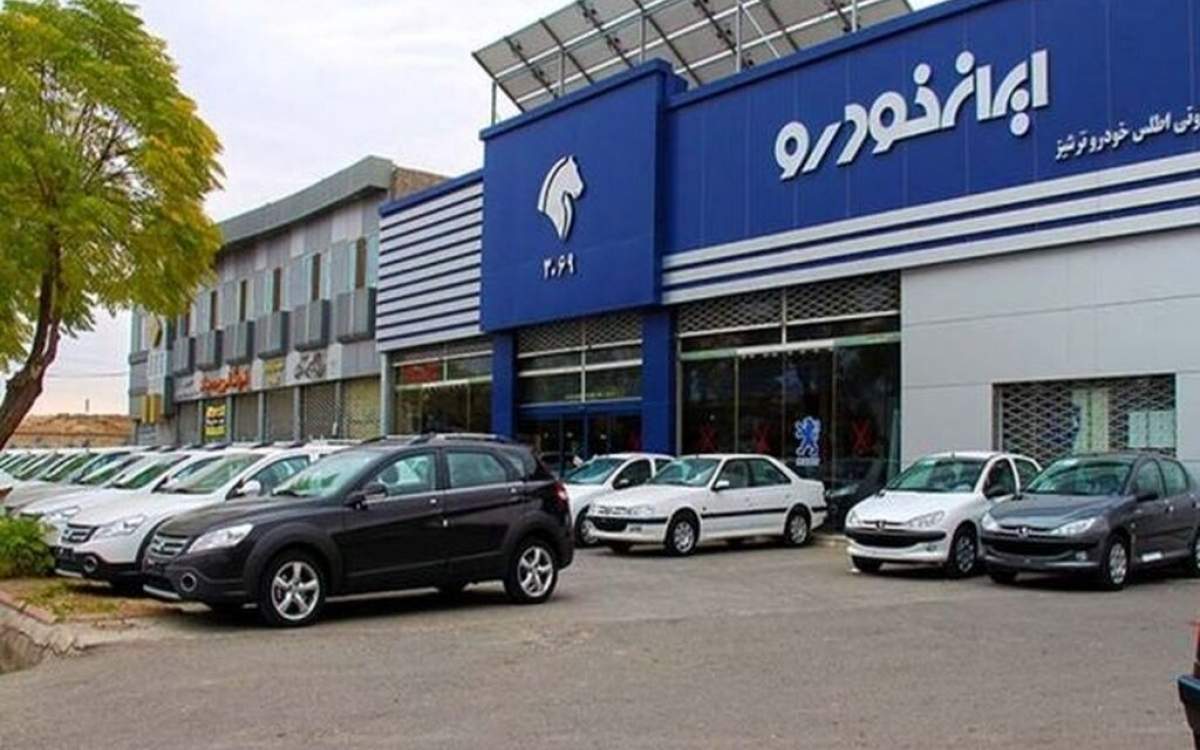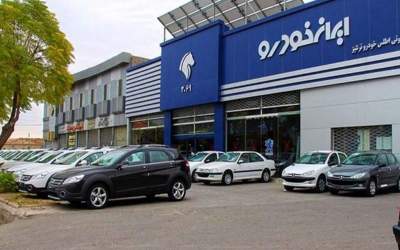The Iran Project
: If the privatization of Iran Khodro Co. (Iran's largest auto Company) has not been done completely, the auto giant will remain under state supervision.
Monday 4 March 2024 - 18:13
Story Code : 416788
Source : پروژه ایران
concerns mount over Iran Khodro partial privatization
With a glance at the economic history of Iran, it can be realized that from the very beginning, Iranian governments sought to sell state-owned factories, companies, and enterprises to withdraw from business and the economy and only monitor and advance the big achievements, But this did not partake in Iran's economy as it expected.
Privatization in Iran entered a more serious stage in 2006, However, governments could not implement it practically. ّد many cases the companies, factories, and economic enterprises that were handed over to private companies did not face good fortune, and some of them were returned to the government.
Despite all this, in many industries such as automobile manufacturing and sports, several individuals and private companies are still interested in gaining management seats in government enterprises.
Who will take the helm of Iran Khodro Co.?
Currently, the main question is that if the handover takes place in these two sectors, will the government or state-run organizations stop managing these two areas? In other words, when more than 50% of a public sector share is transferred to the real private sector, is the government still allowed to manage that share?
The answer is crystal clear; The management of every organization, firm, and company is the responsibility of the major shareholder, of course, it is also very important to respond to the small shareholder.
Recently, the issue of the offering of Iran Khodro shares by Bank Tejarat has been heard and it is predicted that one of the current shareholders of Iran Khodro (Crouse Company), who enjoys two management seats on the board of directors of IKCO, will buy the offered shares of Bank Tejarat and become the major shareholder of this auto giant, the matter that Hamid Keshavarz, the founder and main shareholder of Crouse Group, is also looking for.
These issues are raised while the Crouse Company is one of the largest parts manufacturers in the country, and Iran Khodro and many other car manufacturers in the country are considered as customers of this parts supplier.
With the offering of Iran Khodro shares, will the management of this factory put completely in the hands of the major shareholder?
Saeed Kerdari, an expert in the stock exchange market, says that any company whose majority shares are owned by one person or a certain financial group is known as a major shareholder, and management is the responsibility of that individual or financial group.In cases that the majority of shares of a company or an economic enterprise are in the hands of a special management team, it has been practically handed over and their supervision and management is legally their responsibility, he added.
Regarding the transfer of Iran Khodro shares, one point should be noted; The handover may be done, but it is important that the team that owns the majority of the shares is the real private sector or the private sector affiliated with the government that if the state-run private sector has the major share of Iran Khodro, the privatization has not been done practiclly and the automaker will remain under government supervision, the expert stated.
Is fate of petrochemical companies awaits IKCO?
Privatization and transfer of large companies and factories is a very good and auspicious event, but experience has shown that large companies in Iran's economy are not transferred to the private sector, and an example of this can be seen in the handover of petrochemical companies, Kerdari noted.
The country does not face problems in privatization, but problems arise after handing over and these problems are caused by meddling in the work process of the assigned company, momentary decisions in the economy, financing problems in the Iranian economy, and cumbersome laws, he underlined.
Saying that companies are suffering from the lack of a free economy, he concluded, "Some concerns are about the creation of social and economic margins in the privatization of companies and from the aspect of human resources, labor, and employment, which have worried the governments. Besides, the sanctions and the lack of meritocracy in the management system of companies have made privatization difficult."
# Tags














